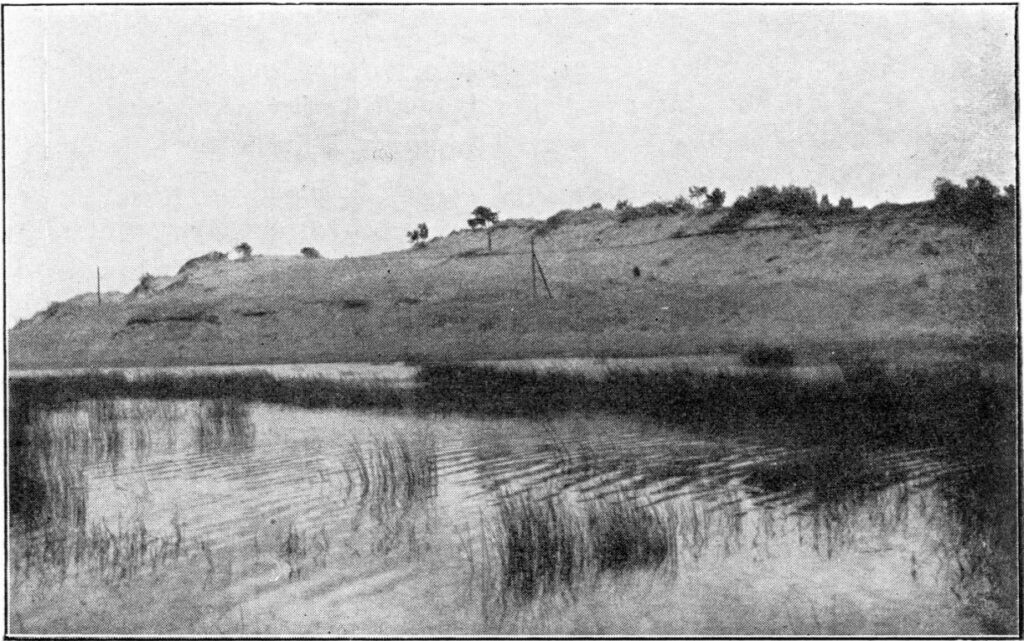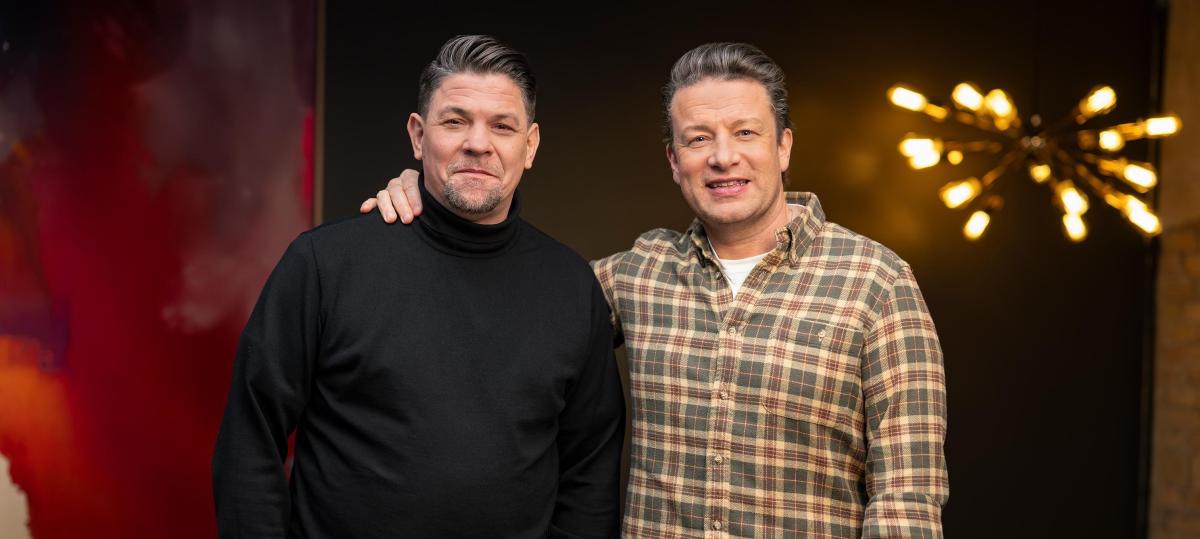Why should I be so late for Eurovision and hockey? The reason is found in the time of Eastern Europe

Lag|Some of the Lions matches and Eurovision broadcasts are stretching late into the night.
17.5. 14:00
The abstract is made by artificial intelligence and checked by man.
Finland’s time zone and events schedules will affect the late viewing time of the Eurovision Song Contest and Ice Hockey World Championships.
Finland follows the time of Eastern Europe, two hours ahead of Greenwich’s time and one hour ahead of Central Europe.
The events are scheduled for the best viewing time in Central Europe, which stretches broadcasts in Finland late into the night.
Finnish History, geographical location and events schedules will influence why you need to monitor your Eurovision Song Contest and several Lions matches late.
There were both geographic and practical reasons for determining the Finnish time, explains the specialist designer of the University of Helsinki Almanac Office Asko Palviainen. Palviainen’s specialty includes, among other things, time.
« Previously, local times were in use. When Helsinki was at 12 noon, it was the same in Eastern Finland about twenty minutes before. »
Due to the development of rail traffic in the late 19th century, it was decided that Helsinki time would be a common time in the whole country. This way, the watches no longer had to be adjusted when traveling from one place to another.
At the same time, the Earth was divided into international time zones, which are based on the zero -meridian, 0 ° longitudinal circuit and the royal observatory of Greenwich.
Finland has followed the Eastern European Time Zone from 1921 onwards. This was done to keep the time differences in neighboring countries in the classroom.
There is also a 30 ° length circle through Finland, where the Eastern European Time Zone is located. Our time zone is zero -meridian two hours ahead.
Palviainen says that Finland could follow the time of Central Europe if it wanted to. Selecting the time zone can be decided by the state.
« No Directive determines the Finnish time zone. It only determines it because of the shift in summer or winter. »
However, he recalls that if Finland moved in time in Central Europe, then there would be an hour’s time difference between Tallinn and Helsinki, for example.
Lions The group phase matches are played in Sweden and the Eurovision Song Contest will be held in Switzerland. Both countries are located in the Central European time zone, one hour behind the Eastern European Time Zone.
Thus, the Lions match, which starts in Stockholm at 8:20 pm, starts in Finland at 9:20 pm. It takes more than two hours for the match, so Finnish matches end at about half past twelve in Finland at the earliest.
Finnish matches against France and Sweden ended at half past twelve.
The Eurovision Song Contest starts at 10 pm in Finland, but in Switzerland, the event starts at 9 pm. The broadcast has been marked four hours, ie the finals would end in Finland in the morning.
Event Still, the time is late despite the time differences.
Eurovision Song Contest belongs to the YLE The content of the youth and the entertainment-to the unit’s area of responsibility. Unit responsible for the unit Juha Lahti Tells the factors that affect the scheduling of events.
TV needs have the most weight. For example, Eurovision Song Contest is organized by European broadcasting and are scheduled so that the broadcast is in the Primetime time of Central European. This is the time window when there are most TV viewers.
As many viewers as possible internationally are being made for the event. For example, in Finland, Primetime is set in time from 7pm to 11pm.
“If the Eurovision Song Contest is in the Primetime Earth of Central Europe, we will be a little later,” Lahti explains.
Lahti thinks that in the case of Eurovision Song Contest, the broadcasts of large donor countries could have more influence on schedules. These countries include Germany, the United Kingdom, France, Italy and Spain. There are also a huge number of visa audiences in these countries.
Because of the internationalization of the event, Lahti also thinks that Finland would hardly have an impact on the schedule even if the event is organized in Finland.
“There are 37 countries involved, so we try to find the best possible broadcast time for everyone,” Lahti says.
Practical factors also have an impact. Big events are built in the mornings and performances are practiced in the afternoons. For financial reasons, space cannot always be reserved for a longer period of time.
“Logistics determines that we are only broadcast in the evening.”








